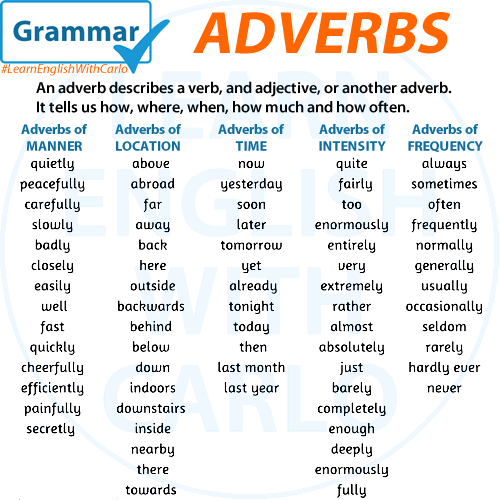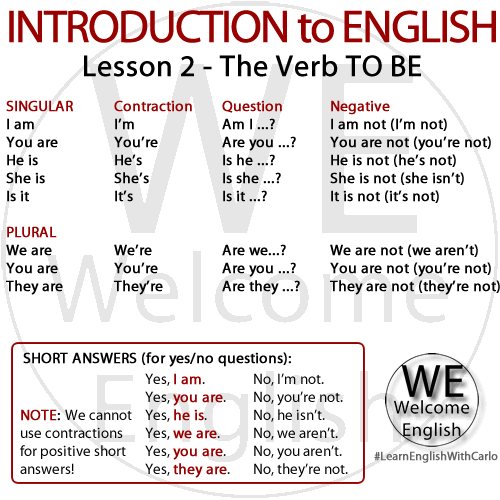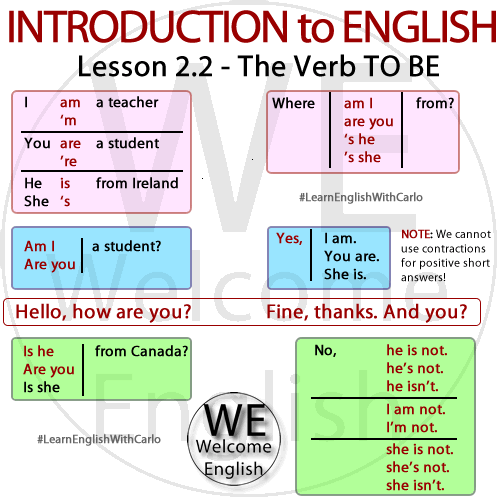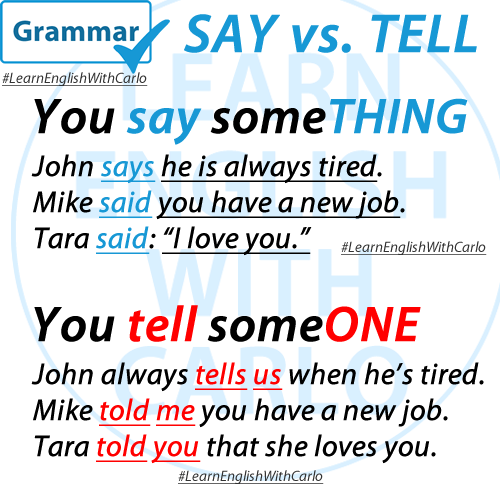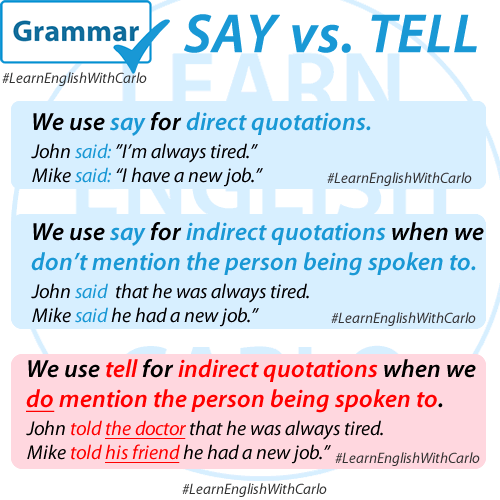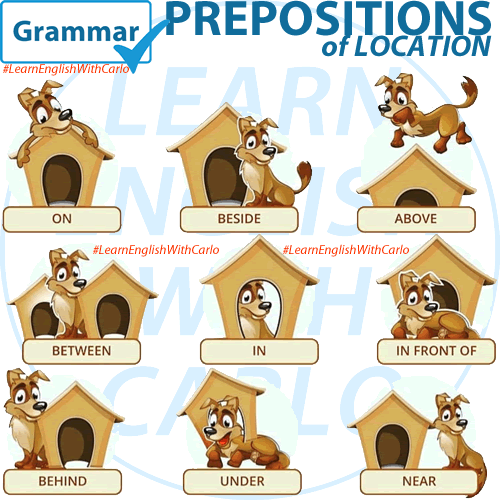
Today, let’s learn the difference between “wait” and “await”. Both words are about staying in a place until something happens, but they are used differently. Here’s a simple guide:
Wait
- Common Use: “Wait” is used in everyday English.
- Structure: You often use “wait” with the word “for” and sometimes with “to”.
- Example Sentences:
- I wait for the bus every morning.
- She waited for her friend to arrive.
- Please wait to be seated.
Await
- Formal Use: “Await” is more formal and less common in casual conversation.
- Structure: “Await” does not use the word “for”.
- Example Sentences:
- We await your response.
- The students await their results.
- He is awaiting trial.
Key Points to Remember:
- Formality:
- Use “wait” for everyday situations.
- Use “await” in formal writing or situations.
- Grammar:
- “Wait” is often followed by “for” (wait for something/someone).
- “Await” is not followed by “for” (await something/someone).
Practice
Try these sentences:
- I can’t wait ___ the weekend.
- The team awaits ___ the coach’s instructions.
- Please wait ___ your turn.
- We are awaiting ___ the final decision.
Answers:
- for
- (no word needed)
- for
- (no word needed)
I hope this helps you understand the difference between “wait” and “await”. Keep practicing, and you’ll get better every day!

 The 300 Most Commonly Used English Words
The 300 Most Commonly Used English Words

